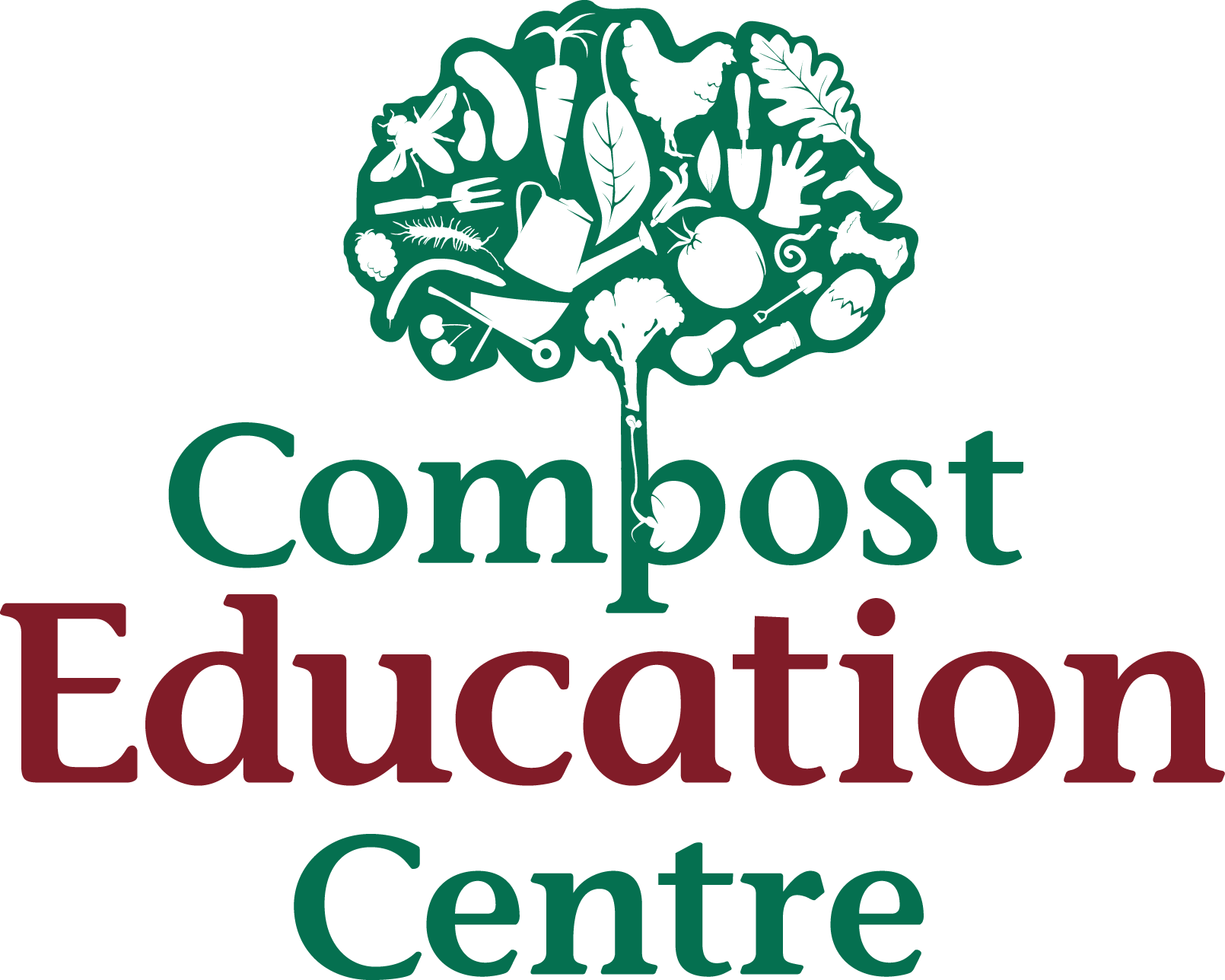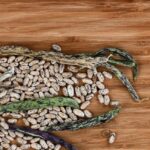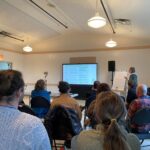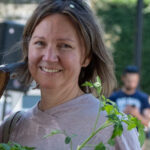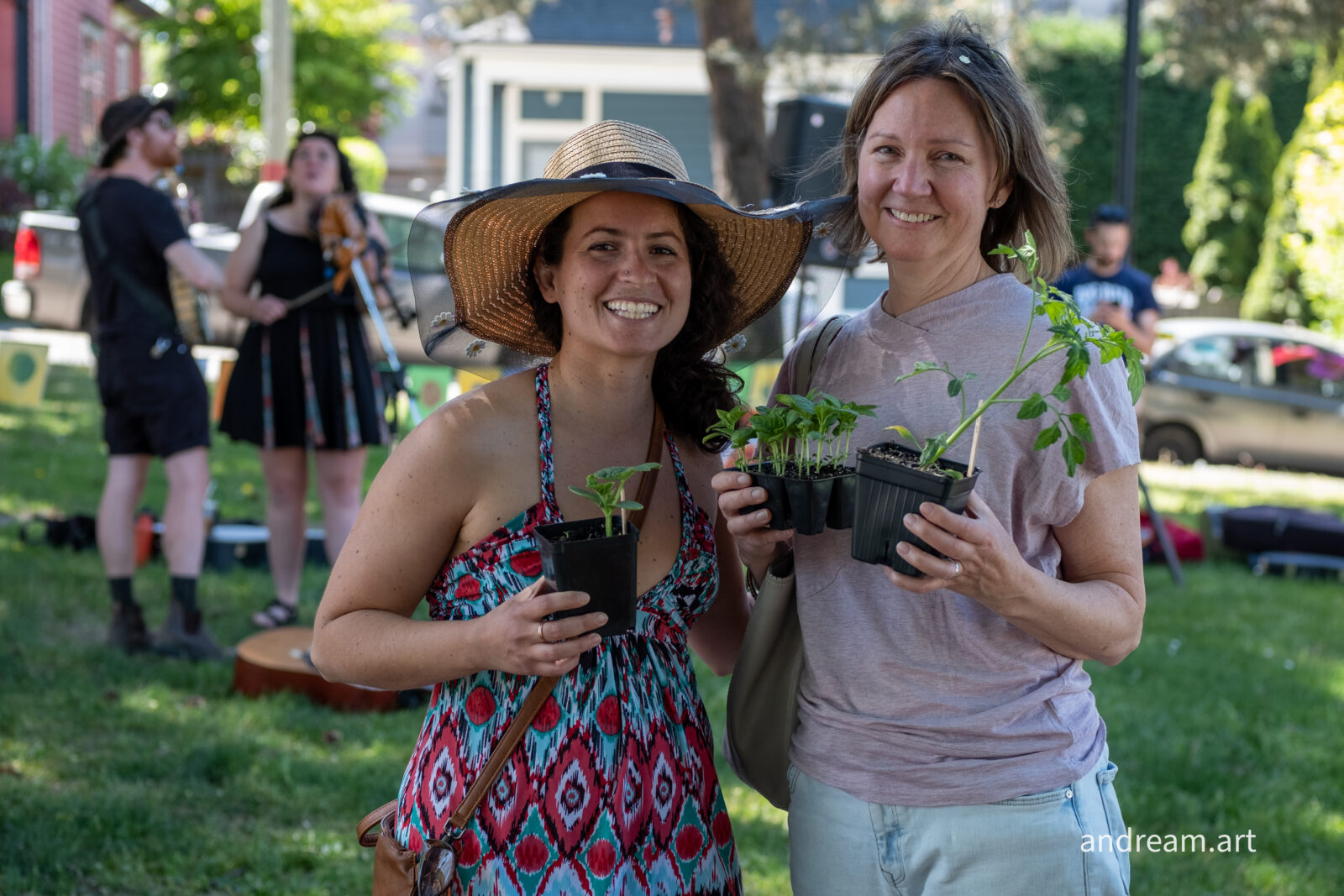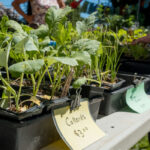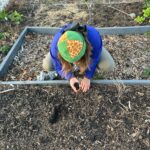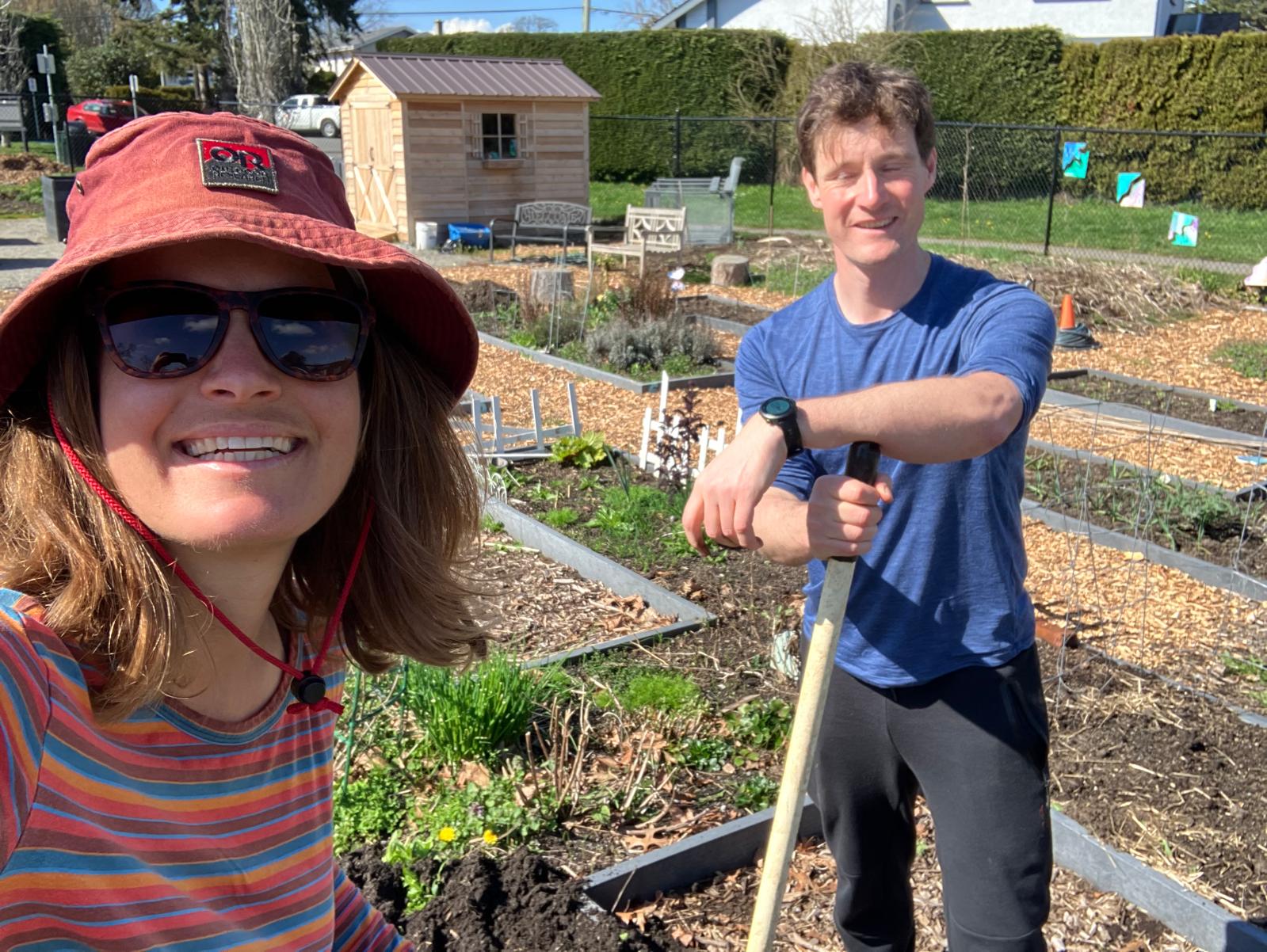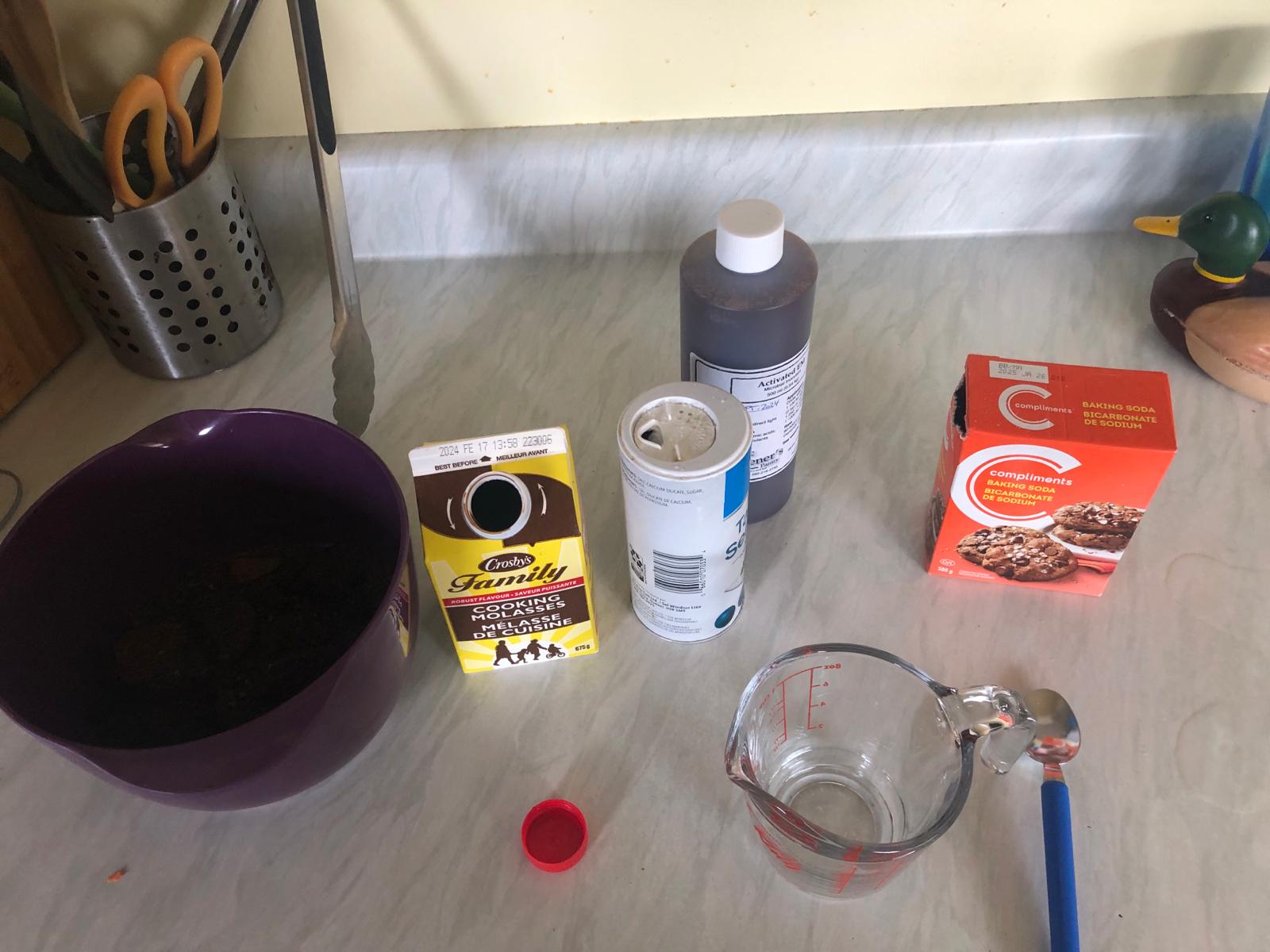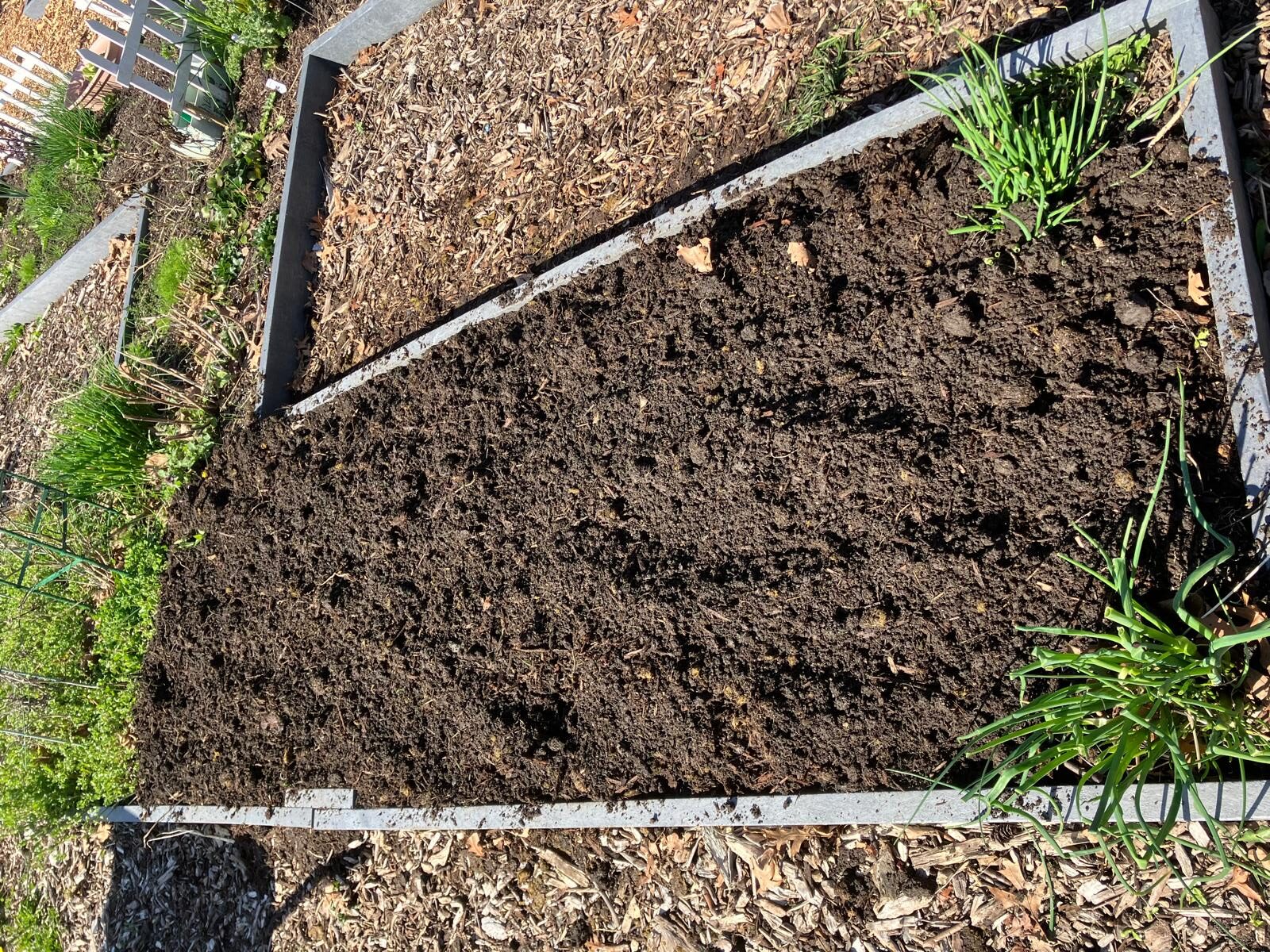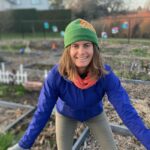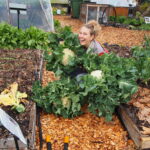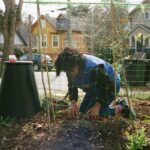Meet Tina!
February 8, 2025

We’re delighted to introduce another one of our board members, Tina Tulloch! As Head of Food Security and a chef at Saanich Neighbourhood Place, Tina is passionate about fostering connections that strengthen both community and the environment. A lifelong advocate for gardening, composting, and sustainable practices, she values the opportunity to join a network of like-minded individuals who share her dedication to environmental stewardship. For Tina, being part of the CEC board is not only a chance to support an organization she admires but also a way to connect more deeply with the community. She looks forward to collaborating with others who care about making a positive impact and inspiring collective action to help the CEC shine into its full potential.
What is your favourite thing about being on the board?
Listening to different perspectives of the people on the board. Loved hearing ideas from individuals and how each person brings valuable insight depending on what their background and specialties are. Some smart cookies!
What are you excited to see more off at the CEC?
I am excited to do my first workshop since I have never done one yet at the CEC! I know it is crazy, but I am usually the one putting on the workshops at SNP so I would love to be on the other end!
What’s something you love doing (besides being on the CEC board?)
I love painting and doing stained glass. I also love tending to my garden. I also really love kayaking and swimming in the ocean.
What book are you reading right now?
Animal, Vegetable, Miracle: A Year of Food Life by Barbara Kingsolver. It is an oldie but a great book about how food and farming is not as valued in our economy-based world and the environmental impacts of our grocery-buying choices. I look differently at bananas now!
How can folks get involved with the CEC?
The website is great as well as the newsletters. Subscribe! I’m really intrigued by the “Train-the-Trainer” model we discussed at my first board meeting. With a “Train-the-Trainer” model, folks who attend workshops at the CEC are then able to educate other people on that subject. This is kinda happening already through the CEC’s warm and welcoming educational approach, and it would be great to see it happen more since I would really love to expand the growing of food in our region.
Posted in Blog, Board